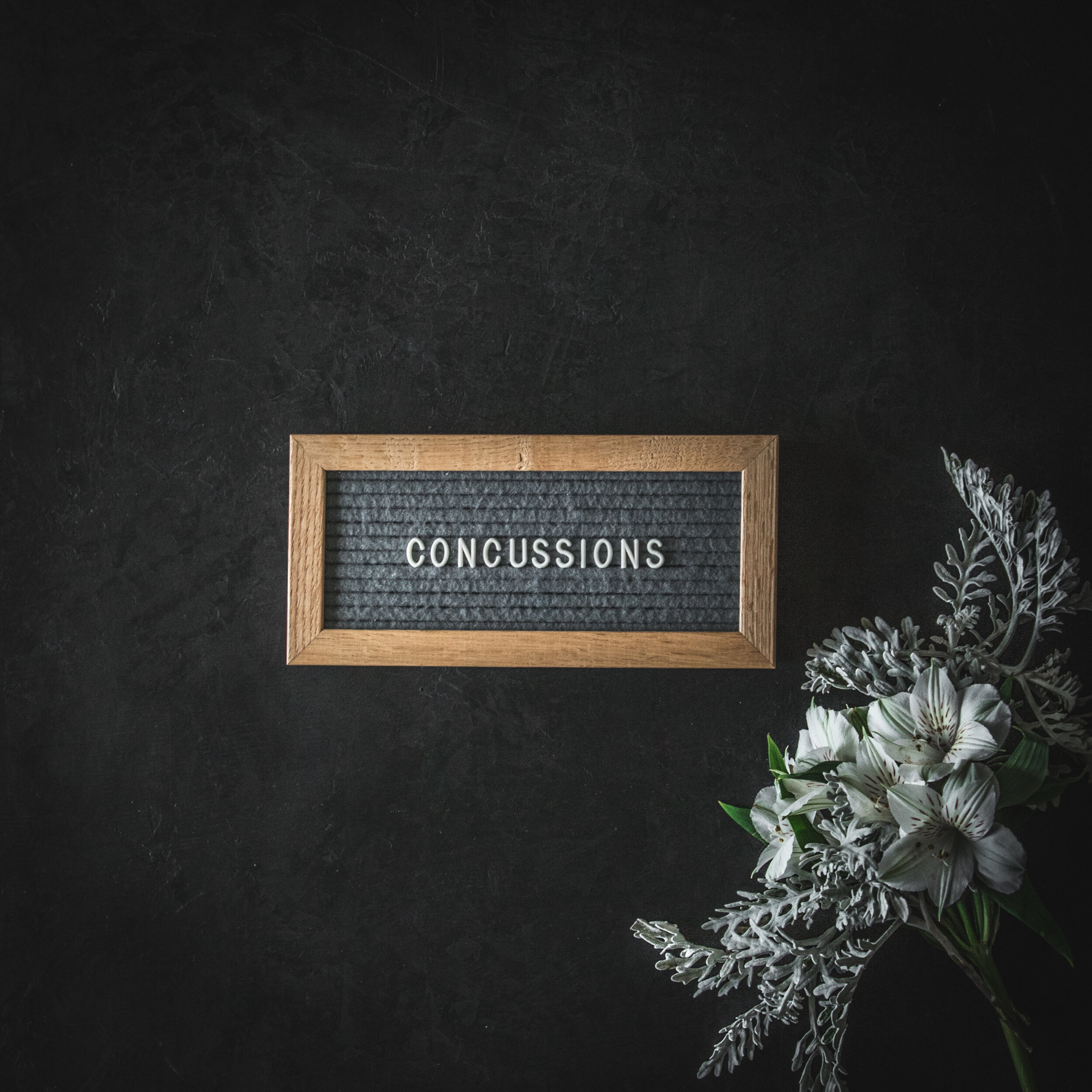Concussions are a relatively common condition. From sports injuries, automobile accidents, workplace injuries, and every day falls – concussions happen to many of us. At Restorative Wellness Center, having “concussion” as the primary (or chief) complaint from a patient is actually not as common. It’s not until we dive into the patient’s history that we tend to find a history of not one, but typically multipleconcussions. Even more so, patients will commonly say they’ve had “x” number of concussions diagnosed, but believe they’ve had several MORE. Needless to say, having multiple diagnosed concussions on top of the potential for several more undiagnosed raises a few flags and can greatly alter the patient examination and treatment choices. So, what is a concussion, what is post-concussion syndrome, and what can a chiropractor do about it?
A brief anatomy lesson – your brain is also called your cerebral cortex. The cerebral cortex is bathed and surrounded in cerebral spinal fluid (CSF for short) for nutrient transportation and cushioning from external trauma. On the outside of the cerebral cortex, encasing the brain and preventing leakage of CSF is a three-layered bundle of tissues called the meninges. These meninges from the most outer layer inward include the dura-mater, arachnoid mater, and pia mater, with the pia mater connecting directly to the spinal cord via structures called denticulate ligaments. The meninges and CSF act together to support the cerebral cortex and prevent any significant injury from occurring. The problem is, these structures only work to a certain degree. When that degree is surpassed, there is the potential for what’s called a traumatic brain injury, or TBI. One very common TBI, if not the most common, is a concussion.
Concussions are a form of brain injury that typically result in a contra coup or a coup-contra coup injury – causing bruising to the actual brain tissue called a cerebral contusion. A contra coup injury is one in which the head is forced in a direction causing the brain to ricochet to the opposite side of the skull. This ricochet ends with the cerebral cortex impacting the inner skull surface, resulting in a lesion to that portion of the brain. A coup-contra coup injury is similar, except there is trauma on both sides of the cerebral cortex – the first from the initial hit to the head and the second from the trauma of the cerebral cortex impacting the skull on the opposite side.
Following an injury like this, people would experience symptoms such as dizziness, headaches, migraines, vertigo, loss of visual acuity, tinnitus, hypersensitivity to loud sounds and bright lights, and confusion. Concussions can result in increased lethargy, or the exact opposite with the inability to sleep. Overall, concussions can make life pretty miserable.
In the beginning, it was thought that the best choice when it came to initial treatment for concussions was avoid extreme sensory environments (bright lights, loud noises), drink water, and rest. Unfortunately, it is not that easy whatsoever. In fact, people that would do just that, rest and avoid overstimulation, after a while would, at first,seem completely okay. Their hypersensitivity would diminish, they’d be able to sleep relatively normal, their nausea would dissipate – but many of the same individuals would have lingering symptoms. They would still get migraines at random moments, they’d stand up from a chair and be overwhelmed with dizziness, they’d have reading difficulties, mood swings, sleep wouldn’t be restful, and many more.
This baffled the healthcare community. These people weren’t coming into the office due to a trauma. They’d have a history of trauma, but that could range from weeks to YEARS before. Why are these symptoms happening now?
The central nervous system works in fascinating ways. At any given point, our brain is constantly trying to find the most efficient way to do anything.In fact, the brain is so good at its job, it can even figure out a path around the deficits caused by concussions. This creates another problem though, because the damage caused by the concussion(s) is never healed. So while the brain is able to work around problems from concussions, it’s only able to do so for so long before the damage that’s occurred overcomes the brain’s effort. On top of this, the brain’s new path around the concussion is not always perfect. Symptoms may diminish, but never go away completely. You may have used to have migraines, now you have a constant lingering headache. You were constantly tired before, but now you only feel rested until noon. Your brain could handle the previous trauma for a bit, but now it’s simply too tired to continue – and this manifests in several ways.
brain fog
fatigue/lethargy
spontaneous headaches
newly developed anxiety/depression
mood swings
hypersensitivity
And we realize these symptoms are similar to some of symptoms experienced immediately post concussion, what’s interesting about these is that they develop spontaneously potentially years after a concussion. Patients will slowly begin developing excessive amounts of anxiety, brain fog and confusion, and feel unable to control their emotions. Headaches will suddenly come on midday, but nothing apparent seems to trigger them or make them better. So why does all of this happen?
One leading theory behind the transient and long term effects of TBI is in regard to a process called glial priming. Glial priming is the activation of structures called glial cells – what were once considered strictly the “janitor” of the central nervous system. While glial cells absolutely are apart of a clean up crew of sorts, they are infinitely more important for supporting primary neurons of the CNS, outnumbering primary neurons 10:1. There are numerous types of glial cells (including microglia, oligodendrocytes, astrocytes, and ependymal cells) that are all responsible for maintaining order, structure, and integrity of the nervous system. While they are vastly important, once primed they can become destructive – particularly if they become chronically primed. This chronic activation of glial cells results in a domino like effect of recurrent damage and destruction of the supportive structures within the CNS. It goes without saying, this is not good.
In addition to glial priming, this domino effect is also prolonged and enhanced by various lifestyle factors that are all too common:
Hormone deficiencies
Infections
Glycated end products (Type 2 Diabetes Mellitus)
Uncontrolled insulin levels
Systemic inflammation from gut/food intolerances
Therefore, while previous head trauma leading to brain inflammation via chronic glial priming is the initial fire starter, the above factors toss gasoline on the flames resulting in further damage and dysfunction.
So, the big question remains – what can chiropractic do for post concussion symptoms and syndrome? The list is profound. In our previous blog posts and even in a few videos (found on the restorative instagram), the docs of Restorative explain the neurology behind the adjustment and why it is such a potent treatment to enhance neurological function. Chiropractic adjustments directly stimulate the spinal cord, brainstem, cerebellum, and cerebral cortex causing an increase in proprioceptive input and sensory information all over.
In addition to chiropractic adjustments, Dr. Kevin offers functional medicine along with Dr. Ashley offering naturopathic care. Both functional medicine and naturopathy analyze the internal and external environments of the body through various testing protocols (routinely done by comprehensive and detailed lab work) so that proper supplementation, nutritional, and lifestyle interventions can be implemented. For example, if a patient has insulin dysfunction, lab work would pick up on dysfunctional blood glucose and insulin levels, allowing Dr. Kevin and Dr. Ashley to recommend supplements and nutritional alterations that greatly influence the same systems in a positive manner.
Lastly, only at Restorative Wellness Center do we have Low Level Laser Therapy (LLLT). We’ve had several instagram, blog, and facebook posts regarding the power and efficacy behind LLLT, especially with inflammatory conditions such as post concussion symptoms and syndrome! LLLT acts by enhancing mitochondrial function, increasing blood flow, and up regulating anti-inflammatory biochemical mediators while inhibiting pro-inflammatory mediators too.
So if you find yourself suffering from symptoms such as brain fog, lethargy, mood swings, light and/or sound sensitive, or any of the others mentioned previously and have a history of concussions, let’s take a closer look to give you the relief you need. The doctors at Restorative Wellness Center are here to help clear these nagging symptoms and help you feel healthy and well once more.
If you have any questions, please feel free to give us a call and visit our* NEW* wellness center! We cant wait to hear from you!

